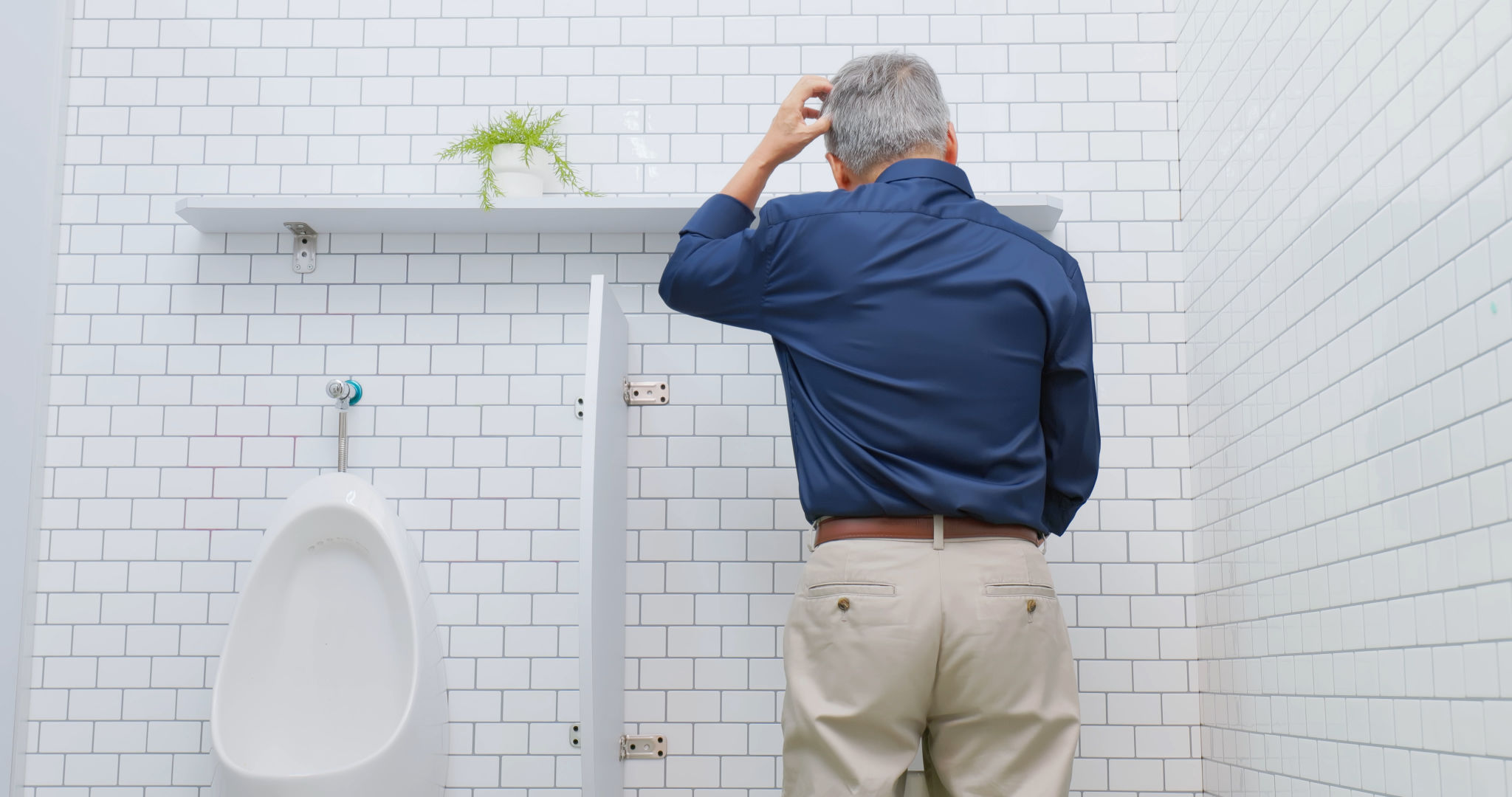Debunking Common Myths about Testosterone Replacement Therapy
Understanding Testosterone Replacement Therapy
Testosterone Replacement Therapy (TRT) has garnered attention in recent years, yet misconceptions continue to cloud its perception. This therapy is primarily used to treat men with low testosterone levels, a condition that can lead to various health issues. However, myths about TRT often deter individuals from considering it as a viable treatment option.

Myth 1: TRT is Only for Bodybuilders
A common myth is that TRT is predominantly used by bodybuilders to enhance muscle mass. While it's true that testosterone plays a role in muscle development, TRT's primary purpose is to address clinical low testosterone levels. Many men seek TRT to alleviate symptoms such as fatigue, depression, and reduced libido, not to enhance their physique.
It's important to recognize that TRT is a medical treatment prescribed by healthcare professionals and tailored to individual needs. This therapy can significantly improve the quality of life for those with clinically diagnosed low testosterone.
Myth 2: TRT Causes Aggression and Rage
Another widespread misconception is that TRT leads to aggression or "roid rage." This myth likely stems from the misuse of anabolic steroids, which are different from medically supervised TRT. When administered correctly and monitored by a healthcare provider, TRT aims to restore normal testosterone levels, not exceed them.

In fact, balanced testosterone levels can actually help stabilize mood and improve mental well-being. Many patients report feeling more emotionally stable after starting TRT.
Myth 3: TRT Increases the Risk of Prostate Cancer
The fear that TRT might increase prostate cancer risk is another reason some men hesitate to pursue therapy. Recent studies have shown that there is no direct link between TRT and an increased risk of prostate cancer. Regular monitoring by healthcare providers can ensure that prostate health is maintained during TRT.
It's crucial for patients to discuss any concerns with their doctors and undergo regular screenings to mitigate any potential risks associated with TRT.

Myth 4: Only Older Men Need TRT
While testosterone levels naturally decline with age, younger men can also experience low testosterone due to various causes, such as genetic factors or medical conditions. Regardless of age, individuals experiencing symptoms of low testosterone should consult a healthcare professional for proper evaluation and potential treatment.
TRT can be beneficial for men across different age groups who meet the clinical criteria for low testosterone levels.
The Reality of Testosterone Replacement Therapy
Testosterone Replacement Therapy is a legitimate medical treatment with potential benefits for those suffering from low testosterone. By debunking these myths, we can better understand the therapy's true purpose and encourage informed decision-making for those considering this treatment option.
Always consult with a qualified healthcare provider to determine if TRT is appropriate for your specific health needs. With proper guidance and monitoring, TRT can help improve quality of life and overall well-being.